
Publications
Some of our publications listed below use the expression One Health of Peripheries (OHP or SUP by its Portuguese acronym). See here why we stopped using it and replaced it with multispecies health (MUHE or SAME by its Portuguese acronym).
When not indicated, the authors’ affiliation is the Department of Veterinary Preventive Medicine and Animal Health at the University of São Paulo (VPS-FMVZ-USP).
- Ecologies of violence in urban peripheries in times of multispecies health emergencies (article and chapter).
- Problematising alterities for a feminist and decolonial understanding of multispecies health (article).
- From modern Planetary Health to decolonial promotion of One Health of Peripheries (article).
- Multispecies health: biopolitics, social determination, and field of praxis (article).
- Multispecies communities and families from urban peripheries (book).
- Multispecies censuses in neighbor favelas of the University of São Paulo (books).
- The Discourse of Collective Affirmation about COVID-19 pandemic life experiences in the São Remo favela (article).
- Pandemic living experiences in São Remo: a collective discourse (communication).
- Surveillance of neglected diseases in silent (without reports) areas.
- Social vulnerability, sporotrichosis and places to prioritise. (article).
- Violence and mistreatment against pets in Bogotá, Colombia: an approach to their explanatory contexts (article).
- Interpersonal violence, animal abuse, and social vulnerability in São Paulo city (article).
Ecologies of violence in urban peripheries in times of multispecies health emergencies.
Violence is a health problem and a determinant of health emergencies, with structural dimensions going beyond interpersonal physical aggression. This research outlines the notion of ecologies of violence and relates it to Covid-19 pandemic experiences in a favela of São Paulo city, taking a multispecies health perspective. It shows how imposed precariousness, exploitation, persecution, territorial expulsions, imprisonment practices, and household aggressions harm peripheral beings – humans and other-than-humans. This occurred during the Covid-19 pandemic, in recent epidemics, and it is expected to happen in the next health emergency. Through de ecologies of violence, more visibility can be given to the entanglement that frustrates prevention and protection efforts in the face of health emergencies – an entanglement between marginalising apparatuses, modalities of violence, and health emergencies, materialised in multispecies collectives. The research was carried out by Oswaldo Baquero, Júlia Amorim and Sara Silva (FM/USP) and is reported in two similar texts, one an article in the Physis journal of collective health and the other a chapter in a book about ecologies of disease control.

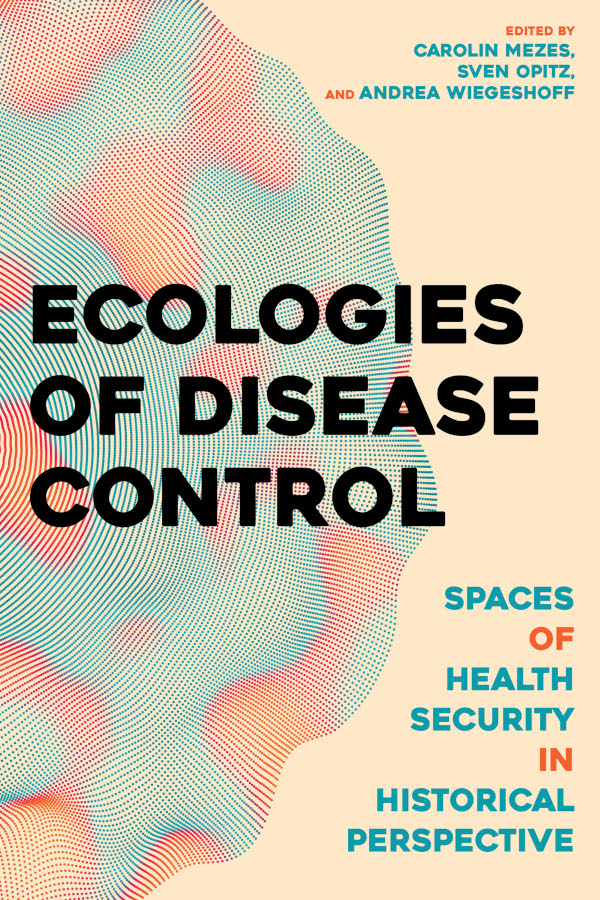
Problematising alterities for a feminist and decolonial understanding of multispecies health.
Marginalisation relies on difference to deny recognition of the plurality of favelas and the right to health of some of their inhabitants. But difference is also what allows us to collectively weave a good life and health for multiple species. This research mobilises feminist and decolonial contributions to think about difference and its role in multispecies health, understood as a project of social justice that, on the one hand, refuses the reproduction of colonial hierarchies that subjugate certain lives, territories and knowledge, and, on the other, is interested in ways to promote the flourishing of care for and with Others and with Others. The MUHE Network has been working with a group of adolescents, the Multispecies Health Young Agents MUHE-YA (AM-SAME, for its Portuguese acronym), and some reflections from this work are included in the text to question the policies of cleansing and precarity that harm the health of the Others in the favelas. The research was developed by Yarlenis Ileinis Mestre Malfrán and Oswaldo Santos Baquero.
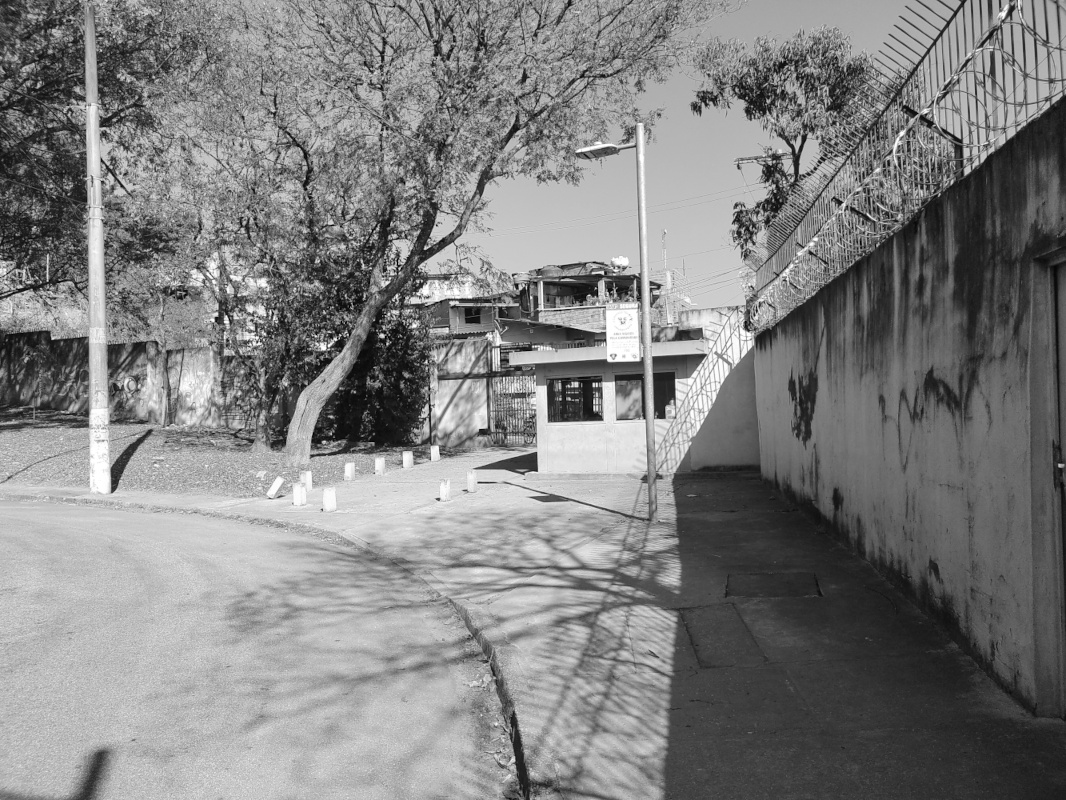
Read the publication.
From modern Planetary Health to decolonial promotion of multispecies health.
The concept of planetary health has recently emerged in the global North as a concern with the global impact of degraded natural systems on human health. It calls for urgent and transformative action. However, the problem and the call to address it are far from new. Planetary health is a colonial approach that ignores alternative knowledge that has accumulated experience of sustainable and holistic lifestyles over millennia. It reinforces the monologue of modernity without realising that the threats to ‘planetary health’ lie in its very approach. It insists on imposing its prescriptions on political, epistemological and ontological peripheries created and maintained by coloniality. The Latin American decolonial turn has a long tradition of what might be called “transformative action” that goes beyond political and economic crises to confront a more fundamental crisis of civilisation. Along with other decolonial movements, it deconstructs the fallacy of a dual world in which the global North produces epistemologies while the rest only benefit from and apply them. Multispecies health is a field of praxis in which the health of multispecies collectives and the environments they comprise is experienced, understood and transformed within the symbolic and geographical peripheries that result from marginalising apparatuses. In this article, the authors show how the decolonial promotion of multispecies health contributes to thinking about and advancing decentralised and plural practices that attend to local realities. They propose seven actions for such promotion. The study was carried out by Oswaldo Santos Baquero, Mario Nestor Benavidez Fernández (Universidad de San Buenaventura, Colombia) e Myriam Acero Aguilar (Universidad Nacional de Colombia).

Read the publication.
Multispecies health: biopolitics, social determination, and field of praxis.
In the midst of the urgency to solve countless and serious health problems, it may seem a waste of time to ask what health is or who can and must have it. However, some answers can reveal dominant practices that divert attention from fundamental problems, thereby maintaining privilege and deepening health inequalities. Multispecies health emerges from these questions and takes three interdependent senses. The first refers to attributes that determine the wellbeing and suffering of peripheral multispecies collectives: a state, a process, the realisation of capacities. The second problematises the marginalising apparatuses that define health and who can and should have it. The third includes practices in more-than-human social spaces in and through which multispecies health is experienced, understood and transformed. The complexity of health is experienced in a field with peripheral places that emerge from margins to privilege those who are inside and legitimise the exploitation of those who are outside. The interaction of margins creates degrees and types of privilege and vulnerability that materialise epidemiological profiles, while the articulation of different peripheral strengths and needs supports a collective resistance to breaking margins. Social determination, a key concept in the (Latin American) collective health movement, underlies such profiles. However, this movement overlooks the more-than-human dimension of social determination; that is, multispecies health is a blind spot of collective health. The cartography of multispecies health has particular needs in terms of participation, research and inclusive policies for the decolonial promotion of healthy lifestyles. Professor Oswaldo Santos Baquero is the author of the study.
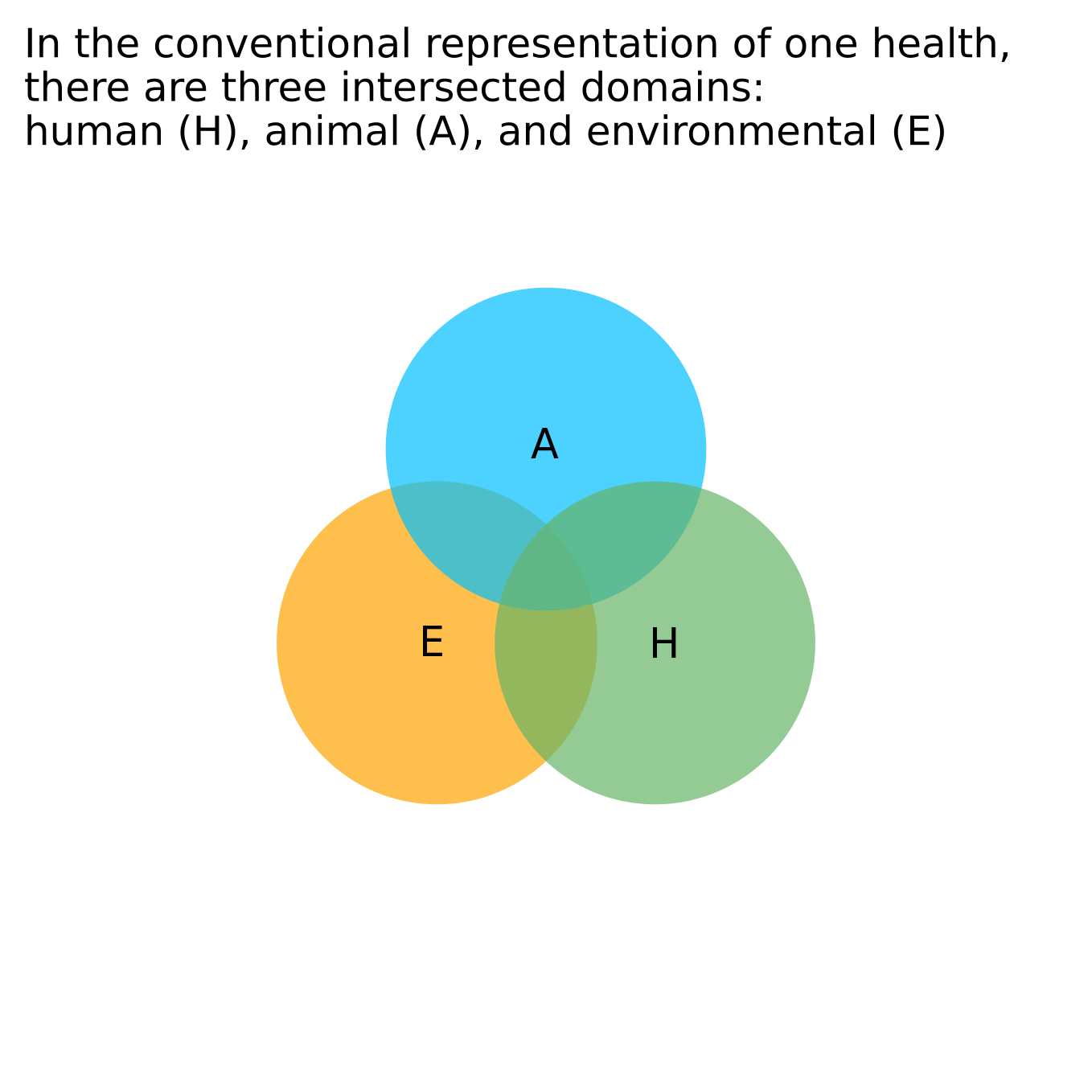
Read the publication.
Multispecies communities and families from urban peripheries
Multispecies Communities and Families from Urban Peripheries is the second title in the collection Democracy, Arts, and Plural Knowledge (DASP for its Portuguese initials) from the Institute of Advanced Studies. Organised by Oswaldo Santos Baquero and Erica Peçanha, with contributions from 29 co-authors among students, researchers and professors with peripheral life histories, the book brings together texts on a repertoire of health education actions and discussions on epistemic, urban and animal peripheries.
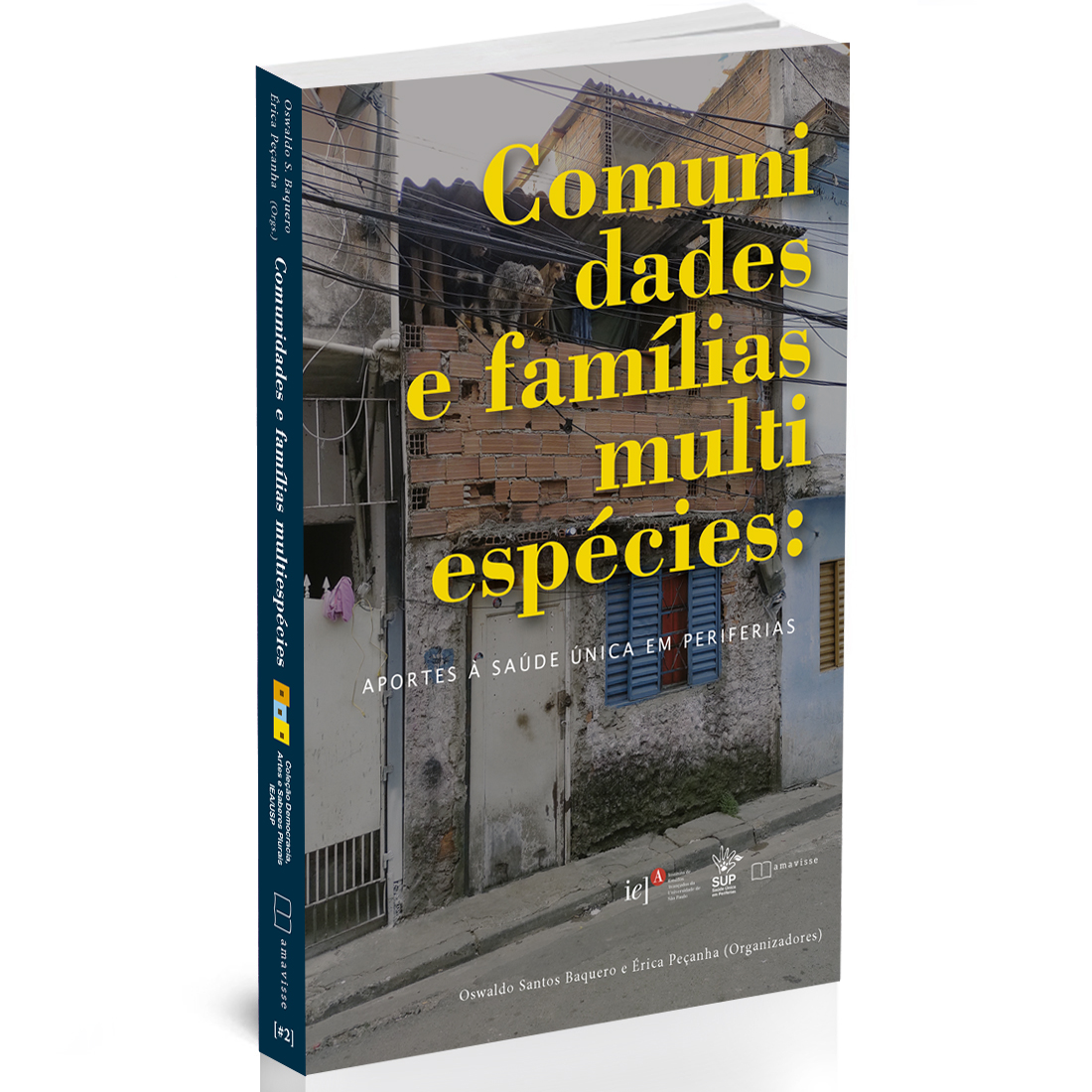
Read the publication in Portuguese.
Multispecies censuses in neighbor favelas of the University of São Paulo.
Censuses make it possible to know strategic population issues in order to gauge demands and support advocacy. As an institution of an extremely unequal city, the grandeur of the University of São Paulo contrasts with the marginalisation of some of its neighbours. The USP Neighbourhood Census (Censo Vizinhança USP), summarised in two volumes, reveals, in demographic terms, situations and tensions that will allow a better follow-up of the relationship between the University and its neighbours in the coming years. The census took a multispecies approach and included human, dog, cat and birth demography, as well as conflicts with synanthropic animals, plant care and environmental characteristics. It was an initiative of the Institute of Advanced Studies and the books are included in the collection Democracy, Arts, and Plural Knowledge (DASP for its Portuguese acronym). The census team had many participants: residents of the censused communities, university students, staff and professors, and partner institutions. Erica Peçanha, a member of the MUHE Network, was a co-organiser of the publications and, together with Professor Oswaldo Baquero, a co-author.
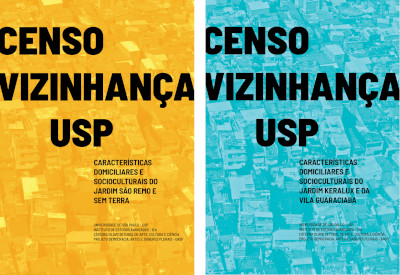
Read the publication in Portuguese (book 1).
Read the publication in Portuguese (book 2).
The Discourse of Collective Affirmation about COVID-19 pandemic life experiences in the São Remo favela.
This article introduces the Discourse of Collective Affirmation (DCA) as a participatory research tool, showcasing its application in understanding and documenting pandemic living experi-ences within a favela. The resulting DCA, composed of texts and photographs provided by residents, contextualizes the pandemic, illustrates community care practices, highlights challenges faced by children and adolescents, and examines the benefits and difficulties of living with other-than-human animals. By incorporating residents’ texts and images into a discourse that they reviewed and approved, the process expanded the repertoire for understanding pandemic living experiences while facilitating the production of affirmative, informative, and advocacy-oriented material.

Read the publication.
Pandemic living experiences in São Remo: a collective discourse.
Jardim São Remo is a favela in the western zone of the city of São Paulo, where the experience of the Covid-19 pandemic is similar in some aspects to that of other urban peripheries and different in others. In São Remo, the experience includes elements common to all its members and the particularities of each group, family and individual. Between January and April 2021, there was a collective construction to represent the experiences of some residents, taking into account different experiences and memories recorded in interviews or during the application of a photographic method of community research known as Photovoice.
The following text is a collective discourse composed of several of these recordings, which we constructed with the support of some ideas of a method called “collective subject discourse”. We did not use all the recordings, and the way we articulated them was one of many. The result brings nuances, affections and portraits that reinforce what seems obvious, remains neglected and exposes a chronic contradiction: marginalised communities continue to suffer most of the collective damage, which deepens marginalisation and intensifies crises. However, the result also brings lessons and points of view necessary to overcome a chronic disease.
We have modified some text fragments, mainly to link ideas, add implicit terms in the original context, and increase the number and gender agreement between sentences from different registers. These modifications are shown in grey.
It is worth noting that although we have used some elements of photovoice and ‘collective subject discourse’, this document does not report on the application of these methods or what would result from their application. Other documents will deal with methodological aspects and their respective findings, using additional datasets and reusing some of those used here.
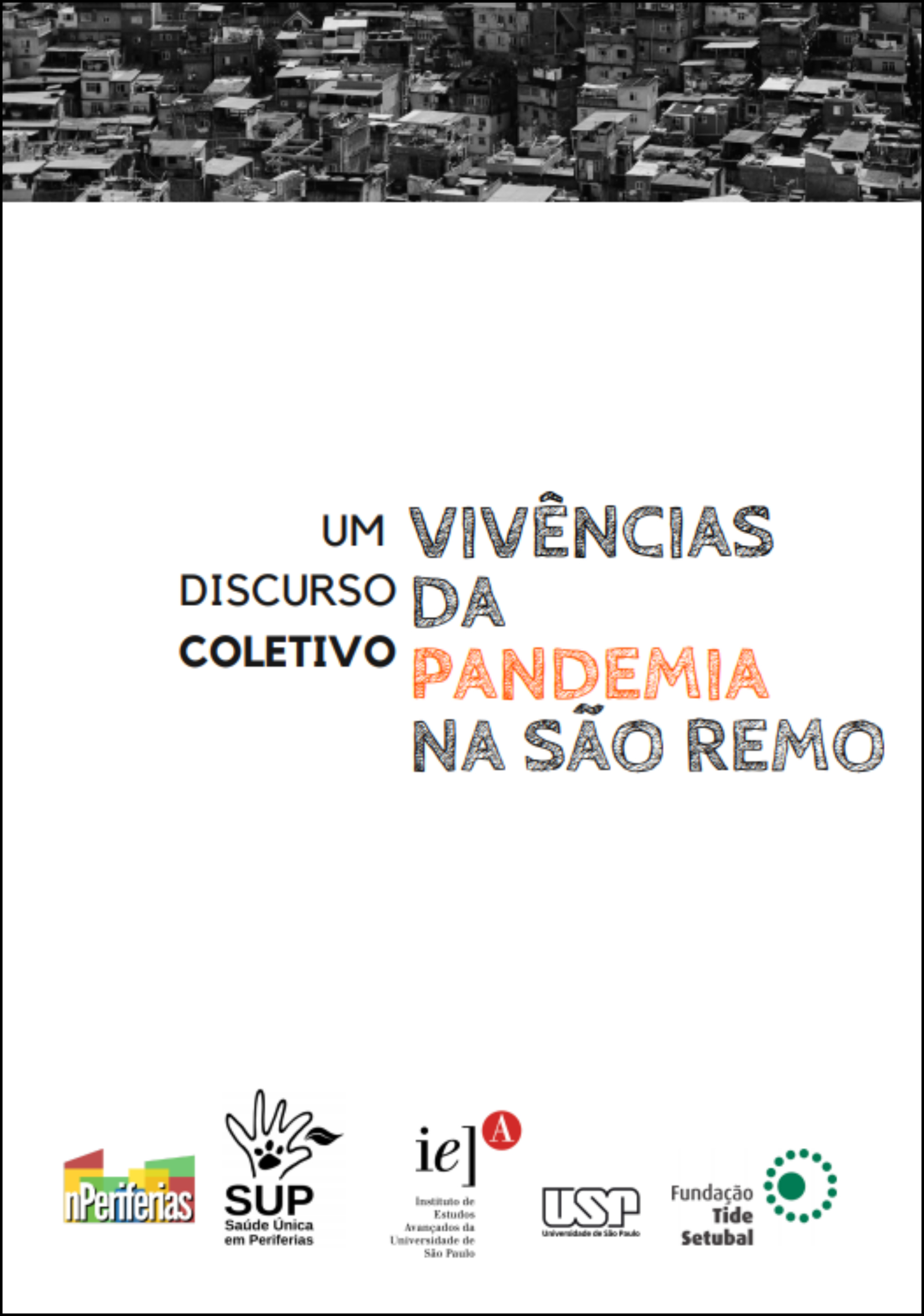
Read the publication.
Surveillance of neglected diseases in silent (without reports) areas.
Some diseases are relatively restricted to peripheries, affecting billions of marginalised people and animals. Despite the scale of the problem, the pharmaceutical industry invests little in these victims because they are economically poor and do not meet profit expectations. Although international organisations talk about neglected diseases, there is a more fundamental problem of multispecies collectives subject to different forms of neglect. In any case, diseases are neglected and under-reported, which raises the question: are there no cases in silent (unreported) areas of a city, or are there cases but they have not been identified? This research uses spatial statistical models to predict the number of cases of feline sporotrichosis in the silent areas of the city of Guarulhos, based on the epidemiological situation of the neighbouring areas and the social vulnerability of the silent areas and their neighbours. The team consists of Lígia Neves Scuarcialupi, Gabriela Chueiri de Moraes, Fernando Cortéz Pereira (Guarulhos Zoonoses Control Centre) and Oswaldo Santos Baquero.

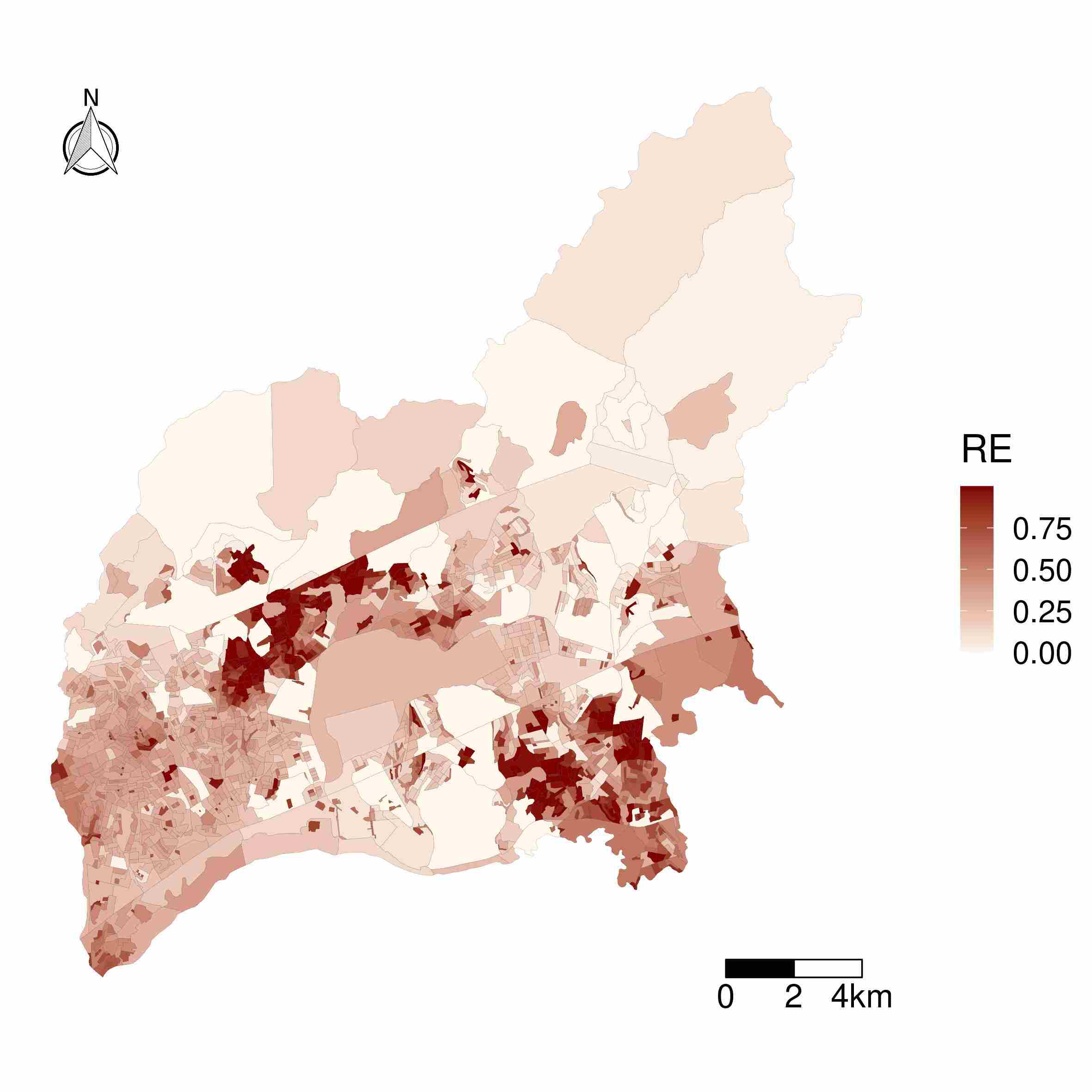
Read the publication.
Social vulnerability, sporotrichosis and places to prioritise.
Over the past two decades, an increasing incidence and spread of feline sporotrichosis has been reported in many Brazilian cities. The disease is neglected and little is known about the causal processes underlying its epidemic occurrence. This study characterised the spatio-temporal dynamics of feline sporotrichosis in Guarulhos. It also proposed and tested a causal explanation for its occurrence and zoonotic transmission, in which social vulnerability plays a key role. A direct acyclic graph represented the causal explanation, while Bayesian spatial models supported its testing, as well as the assignment of a risk-based priority index to the city’s census tracts (geographical divisions). Between 2011 and 2017, the disease grew exponentially and the spatial spread increased. The model results showed a dose-response pattern between an index of social vulnerability and the incidence of feline sporotrichosis. This pattern was not strictly monotonic, that, is, some census areas received a higher priority index than others with higher vulnerability. According to our causal explanation, there will be no effective prevention of feline and zoonotic sporotrichosis as long as social inequalities continue to impose precarious lifestyles. The study was carried out at the Laboratory of Epidemiology and Biostatistics of the Department of Preventive Veterinary Medicine and Animal Health of the Faculty of Veterinary Medicine and Animal Science (LEB-VPS-FMVZ-USP) by Ligia Scuarcialupi, Fernando Pereira (Zoonoses Control Centre of Guarulhos) and Oswaldo Santos Baquero.
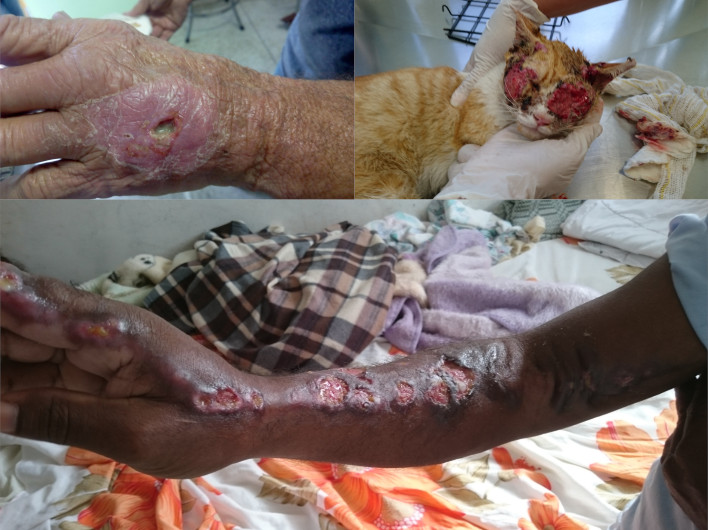

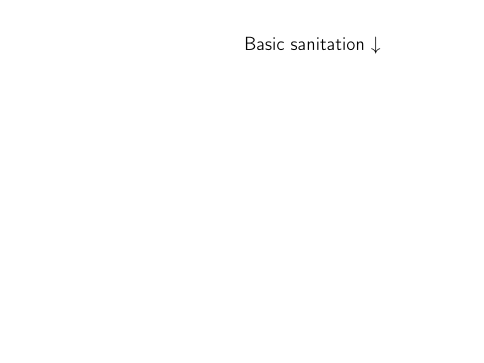
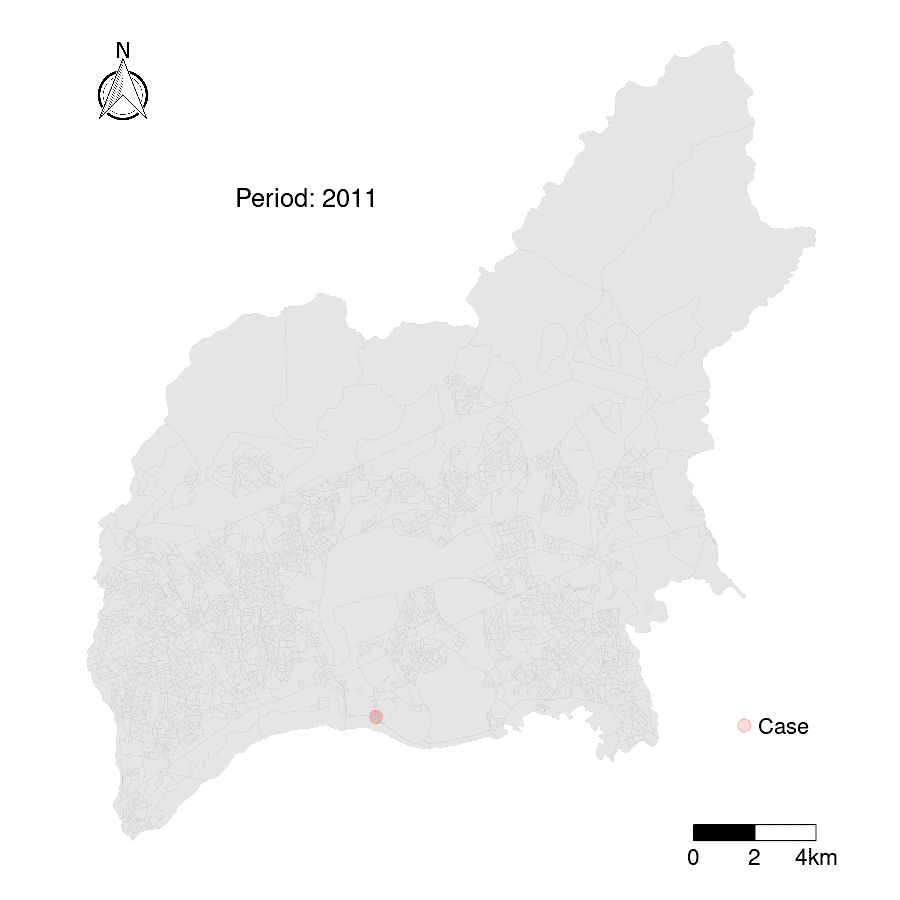
Read the publication.
Violence and mistreatment against pets in Bogotá, Colombia: an approach to their explanatory contexts.
Urban violence has cultural and structural dimensions, as well as the specificities of the historical moment in which a given city finds itself. Other-than-human animals, considered companions and ambivalently integrated into urban societies, suffer different types of violence. This ethnographic research focuses on cultural constructions and normative documents to understand violence against companion animals in Bogotá, Colombia. Acknowledging the multidimensionality of violence, it moves away from the holism of One Health and from approaches limited to organic pathology and forensic and criminological evidence, in order to work situationally from the perspective of Latin American collective health. In the research, other-than-human animals are seen as social beings with their own experiences and interests, not just as cultural artefacts, symbols, models or commodities. The ethical and political implications of the findings highlight the role of anthropocentrism, impunity, injustice and the commodification of animals. The research was conducted by Myriam Acero Aguilar (Universidad Nacional de Colombia).
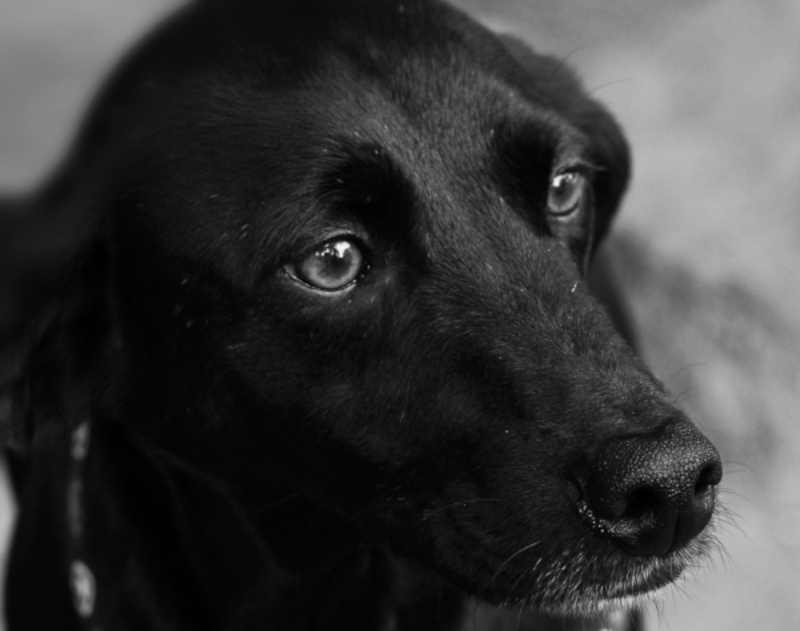
Read the publication in Spanish.
Interpersonal violence, animal abuse, and social vulnerability in São Paulo city.
Several studies link violence between people to violence against other-than-human animals. This research investigated, on a geographical scale, the effect of the degree of social vulnerability on the relationship between the number of reports of interpersonal violence and animal cruelty in the city of São Paulo. In addition to identifying the most affected districts, the research found that the greater the vulnerability, the greater the number and strength of the association between the two types of reports, always taking into account the population size of the districts. One variable can therefore be seen as a red flag for the other: greater social vulnerability indicates a greater likelihood of both types of violence occurring, while a greater incidence of one type of violence indicates a greater likelihood of the other type occurring in a more vulnerable social context. The recommendation to use violence against animals as a warning signal for interpersonal violence and vice versa at the individual level is already known, and the novelty of this research is to extend the recommendation to geographical levels, also taking into account social vulnerability. It is important to emphasise that the results of this research do not allow us to say how often the perpetrators of animal violence are the same as those of interpersonal violence, nor do they allow us to say whether these perpetrators have individual characteristics of social vulnerability. A neighbourhood as a whole may be vulnerable, while some of its geographical subdivisions may not be. Moreover, the vulnerability of the geographical context accounts for only a fraction of the vulnerability of its inhabitants. The study was developed in the Laboratory of Epidemiology and Biostatistics of the Department of Preventive Veterinary Medicine and Animal Health of the Faculty of Veterinary Medicine and Animal Science (LEB-VPS-FMVZ-USP) by Oswaldo Santos Baquero, Fernando Ferreira, José Soares Ferreira Neto and Jason Ardila, and by the Captain of the Military Police of the State of São Paulo, Marcelo Robis Francisco Nassaro.
Read the publication.
